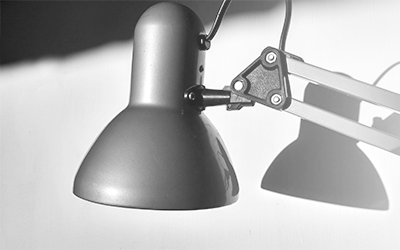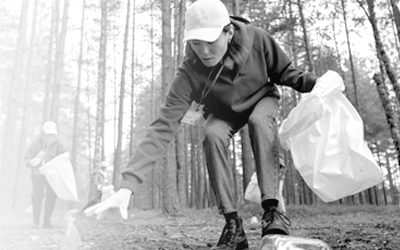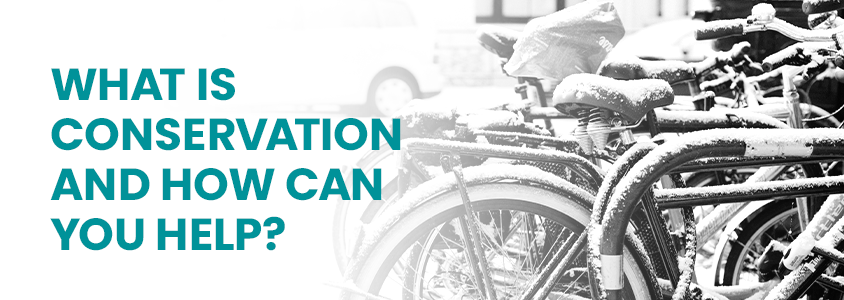The benefits of consuming less and conserving more
At Livable, we know that energy conservation contributes to our goal of saving the environment and saving apartment owners money.
We know that making residents aware of their usage can create significant savings, but tenants might not always know what conservation is and why it is so important.
In our emails and blogs, we often share ways to save energy. We want to empower residents to consider the impact of everyday activities and be aware of how small new habits can help conserve.
What is conservation?
“A true conservationist is a man who knows that the world is not given by his fathers, but borrowed from his children." ~ John James Audubon
When we bike more and drive less, bring reusable shopping bags, and volunteer for community cleanup days we are taking action to help protect the earth.
That is environmental conservation in action.
Energy conservation is important for the earth as well.
“ … energy conservation is the practice of using less energy in order to lower costs and reduce environmental impact. This can mean using less electricity, gas, or any other form of energy that you get from your utility and pay for (source).”

Energy resources are not infinite and so conservation benefits us individually and helps protect the environment.
Here are some examples of conservation:
- Conservation of Soil and Land
- Energy Conservation
- Biodiversity and Environment Conservation
- Conservation of other Natural Resources
- Water Conservation at Different Levels
- Energy Conservation
Why would we want to conserve (source)?
- To protect wildlife and promote biodiversity
- To protect the earth
- For human health
It is interesting to consider in this pandemic climate that disturbing habitats (clearing the way for humans and agriculture) bring wild and domestic animals together which helps facilitate the jump of diseases to humans, i.e. Ebola which most likely spread to humans from bats.
When it comes to human health we may not realize that a lot of medicines are derived from chemicals that are produced by animals and plants. So protecting nature helps protect lifesaving drugs.
Pollution is harmful to human health. Even noise pollution has an impact and many of our technologies that use energy are loud.
The word "conservation" can mean many things, but ultimately it is about care and protection of natural resources such as air, minerals, plants, soil, water, and wildlife (source).
Energy conservation and consumption
“When you consume less power, you reduce the amount of toxic fumes released by power plants, conserve the earth’s natural resources and protect ecosystems from destruction. By taking steps to reduce your energy intake, you’ll contribute to a healthier and happier world (source).”

Sometimes we just need to learn about small changes that can have significant impacts. For example, the energy savings of using compact fluorescent and LED bulbs instead of cheap incandescent bulbs.
There is more upfront cost, but a longer lifespan and lower energy use. That is good for the planet and saves consumers money.
Significant energy reductions are possible via technology as well. Not all clothes dryers are created equally, and airtight thermal insulated construction is a large determining factor for the overall efficiency of a building.
The United States is currently the second largest single consumer of energy, following China.
“Energy usage in transportation and residential sectors, about half of the U.S. energy consumption, if largely controlled by individual consumers (source).”
We can be discouraged by this or inspired to create a bright future where we have great management of and gratitude for the privilege of our land.
Energy conservation day has been celebrated on December 14 every year since 1991.
With December around the corner, it is perfect timing to consider the impact our actions have on the environment and our finances.
In an effort to honor the planet and reduce utility costs this year, book a call here with Livable and let us help you empower residents and learn about how to best conserve the natural resources we know and love.
No one wants to contribute to waste or to make an attempt at improvement without the knowledge of how it is related to conservation ... or whether or not it is a sustainable habit. That's where we come in!
Small steps add up to great leaps when we all try to contribute. We get the opportunity to remember that consuming less and conserving more benefits the environment, conserves limited resources, and saves not just money, but lives.




